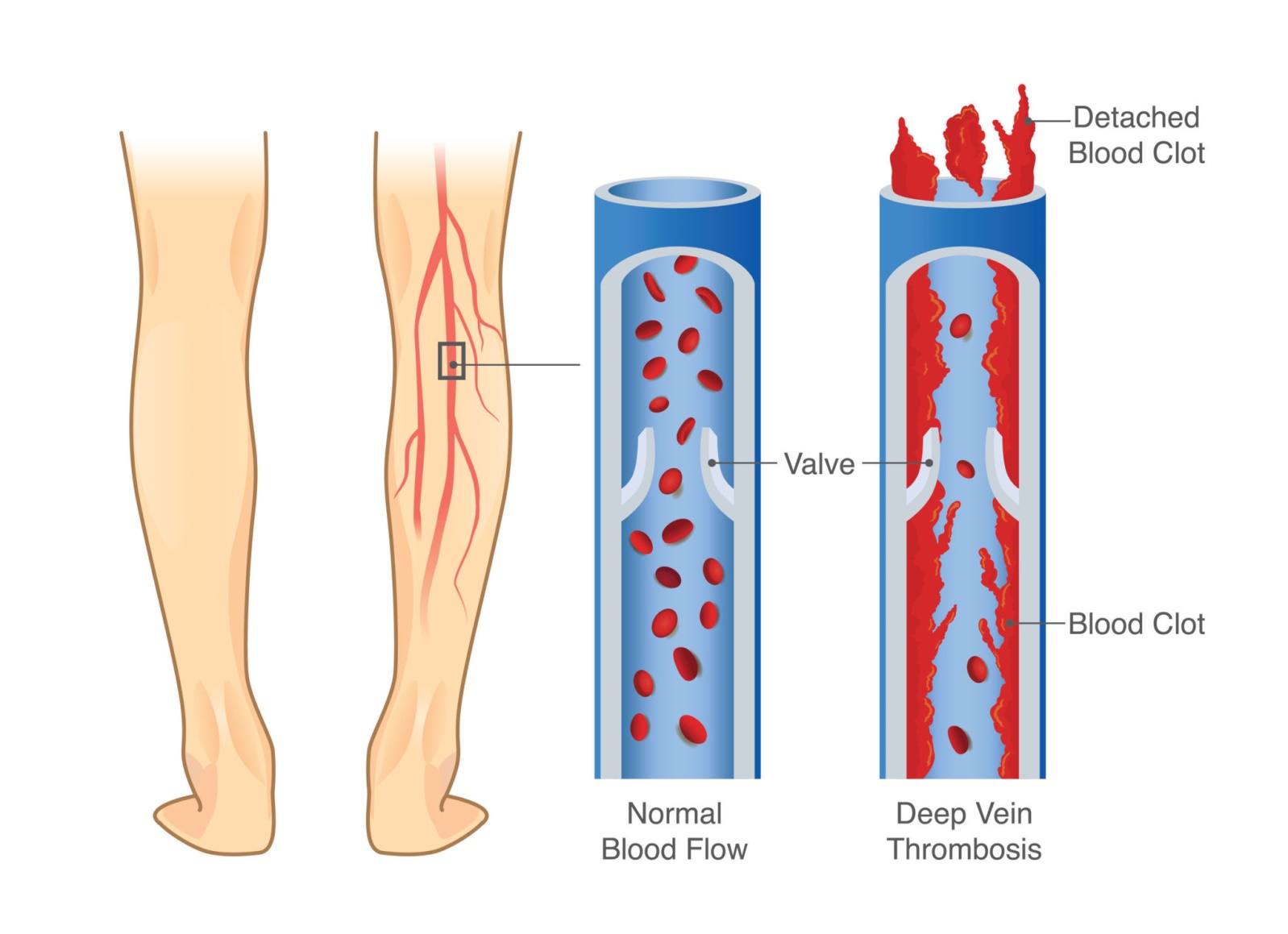A nurse is reinforcing discharge teaching for a client who will be taking warfarin (Coumadin) at home. Which of the following statements indicates that the client understands the effects of this medication?
To be sure to eat foods with lots of vitamin K.
Not to take aspirin for my headaches.
That it's okay to have a couple of glasses of wine with dinner.
To use my electric razor for shaving.
The Correct Answer is B
Choice A : While vitamin K is essential for normal blood clotting, warfarin works by blocking the action of vitamin K. Therefore, clients taking warfarin should maintain a consistent intake of vitamin K-rich foods to avoid fluctuations in their response to the medication. Inconsistent vitamin K intake can affect the effectiveness of warfarin. The nurse should educate the client to consume a consistent amount of vitamin K-containing foods rather than emphasizing "lots" of vitamin K.
Choice B : Warfarin is an anticoagulant that increases the risk of bleeding. Taking aspirin (another blood-thinning medication) along with warfarin can further enhance this risk. The nurse should emphasize that clients should avoid taking aspirin or other nonsteroidal anti-inflammatory drugs (NSAIDs) without consulting their healthcare provider while on warfarin therapy.
Choice C : Alcohol can interact with warfarin and increase the risk of bleeding. Clients should be advised to limit alcohol consumption while taking warfarin. The nurse should educate the client that alcohol intake should be moderate and consistent, rather than encouraging wine consumption.
Choice D :While it is essential to minimize the risk of cuts and bleeding, the use of an electric razor is not specific to warfarin therapy. Clients should be cautious with any sharp objects, including razors, to prevent bleeding. The nurse should provide general safety instructions for shaving, but this choice does not directly relate to warfarin effects.
Nursing Test Bank
Naxlex Comprehensive Predictor Exams
Related Questions
Correct Answer is A
Explanation
Choice A reason : This instruction is accurate because for a standard 12-lead ECG, electrodes are placed on the patient's chest and extremities to record the electrical activity of the heart. The placement of these electrodes is crucial for accurate readings and diagnosis. The electrodes do not emit electricity; they merely record and measure the electrical activity in your heart, providing essential information to the medical provider.
Choice B reason : Remaining still during an ECG is important to prevent artifacts that can interfere with the interpretation of the heart's electrical activity. Movement can cause the readings to be inaccurate, which is why patients are advised to remain still once the electrodes are in place.
Choice C reason : While the client might feel some pressure from the electrodes, the term 'tingling' is not accurate as the ECG is a painless procedure. The electrodes may cause mild irritation upon the skin, but there is otherwise no sensation associated with the test itself.
Choice D reason : The duration of the test is indeed short, typically only a few minutes, but this is not the primary instruction. The nurse should first inform the client about the electrode placement, which is essential for the procedure. The ECG will only take a few minutes in total once the procedure is underway, not counting equipment set-up time.
Correct Answer is B
Explanation
Choice A reason : Epinephrine is an adrenergic agonist primarily used in the management of cardiac arrest, anaphylaxis, and severe asthma attacks. It is not used to reverse the effects of warfarin overdose. Warfarin acts as an anticoagulant by inhibiting vitamin K-dependent clotting factors, and epinephrine has no role in this mechanism.
Choice B reason : Vitamin K is the antidote for warfarin toxicity. Warfarin works by inhibiting the vitamin K-dependent clotting factors II, VII, IX, and X. In the event of an overdose, vitamin K is administered to reverse the anticoagulant effects of warfarin and restore the clotting factor levels to normal. The administration can be oral or intravenous, depending on the severity of the overdose and the urgency of the situation.
Choice C reason : Atropine is an anticholinergic drug used to treat bradycardia (slow heart rate) and as an antidote for organophosphate poisoning. It does not have a role in reversing warfarin overdose as it does not affect the clotting cascade or vitamin K metabolism.
Choice D reason : Protamine is used to reverse the effects of heparin, another anticoagulant, but not warfarin. Protamine sulfate binds to heparin, forming a stable complex and neutralizing its anticoagulant effects. Since warfarin's mechanism of action is different from heparin's, protamine is not effective in reversing warfarin toxicity.

Whether you are a student looking to ace your exams or a practicing nurse seeking to enhance your expertise , our nursing education contents will empower you with the confidence and competence to make a difference in the lives of patients and become a respected leader in the healthcare field.
Visit Naxlex, invest in your future and unlock endless possibilities with our unparalleled nursing education contents today
Report Wrong Answer on the Current Question
Do you disagree with the answer? If yes, what is your expected answer? Explain.
Kindly be descriptive with the issue you are facing.
